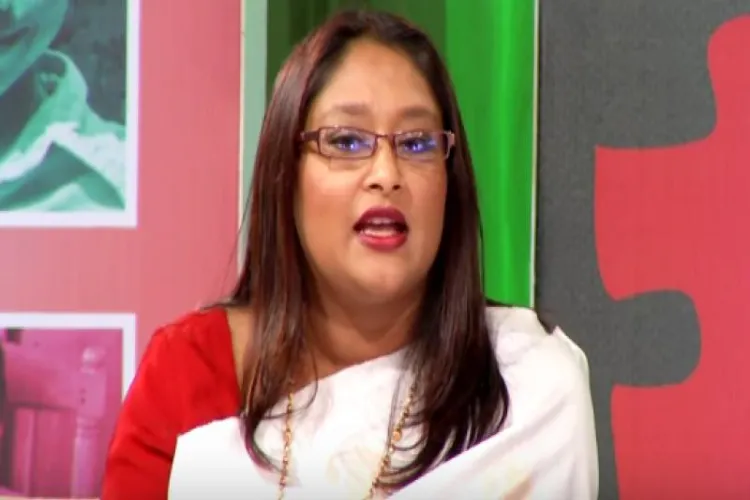
New Delhi
Ahead of International Women's Day (IWD) on March 8, Saima Wazed, the World Health Organization's (WHO) Regional Director for Southeast Asia, underscored the urgent need to prioritize investments in women to propel progress towards gender equality.
Saima Wazed said, "This year, the focus is on "investing in women" to accelerate progress. This theme highlights the importance of prioritizing women's empowerment for a more equitable future."
Wazed emphasizes the critical link between investing in women's health and achieving broader societal advancement.
Recognizing women's pivotal role in households, economies, and communities, she asserts that, "investing in the health and well-being of women and girls first requires adequate investment in health overall, the press release read.
Addressing the pressing issue of inadequate health investment, Wazed highlights a stark reality: countries in the Southeast Asia Region allocate only 2.9 per cent of GDP to health, significantly lower than the global average of 4 per cent. Consequently, out-of-pocket health expenditures soar, posing barriers to accessing essential care.
The burden of healthcare responsibilities disproportionately falls on women and girls, exacerbating existing gender disparities. Despite gains in areas such as antenatal care and family planning, inequalities persist based on factors like location, education, and income levels.
"Women and girls already perform most of the unpaid work in households--spending two to five times more each day doing such work when compared to men. This highly unequal situation holds women back from fully participating in economic and political life," Wazed stated in the press release.
Another area where improvement is needed is that currently, policies do not fully recognize a woman's autonomy in sexual and reproductive health decisions.
Gender inequalities also affect some risk factors for non-communicable diseases.
Notably, women have a higher prevalence of being overweight or obese than men. Often, this is because of less physical activity. This is likely because of gender differences that impact mobility, access to recreational facilities, and perceptions of safety related to crime and traffic.
Violence against women remains a pervasive human rights violation, with more than one in three women in the region experiencing intimate partner violence in their lifetime.
Wazed calls for increased investment to prevent and address this issue effectively, stressing the critical role of the health sector.
In response to these challenges, Wazed announces in a press release, "I am pleased to let you know that we are currently designing one of my priority programs, specifically focusing on women & children."
Aimed at bridging gender gaps in health and fostering multigenerational impacts on public health and development.
Highlighting the transformative power of informed mothers, Wazed underscored the importance of empowering women with health knowledge, which reverberates across families and communities, driving positive behaviour change and promoting healthier lifestyles.
ALSO READ: Why Shahpur Kandi dam is not India’s water terrorism against Pakistan
On this International Women's Day, Wazed reaffirmed, "I proudly reiterate my commitment to support all countries in the region to increase investment in women's health and well-being, and to accelerate progress towards gender equality.
